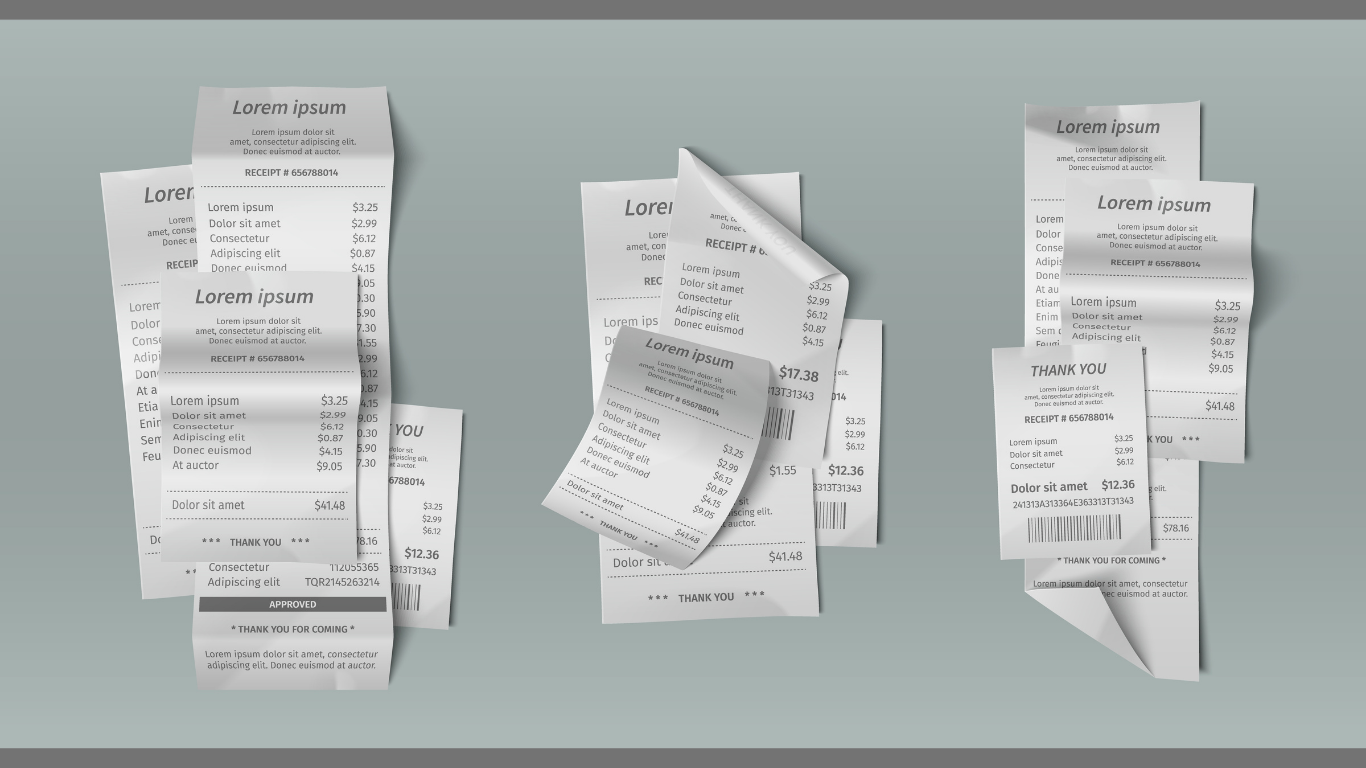In today’s business environment, decisions come fast and often under pressure. Leaders are flooded with data, opinions, and predictions, each competing for attention and action. Technology has made access to information easier, but it has not necessarily made the quality of decisions better. That is where critical thinking becomes essential.
Whether managing financial investments, launching a tech product, or expanding into new markets, business leaders must sharpen how they think, not just what they know. Clear thinking is no longer a soft skill. It is a competitive advantage.
Information Overload and Decision Fatigue
The modern executive has more tools than ever. Data dashboards, predictive analytics, AI modeling, and customer metrics all promise insights, but with too much input and not enough scrutiny, decision-making can decline.
Information overload often leads to decision fatigue, a state in which leaders begin to rely more on instinct or precedent than analysis. It also creates a greater risk of falling for common cognitive errors, like confirmation bias or overconfidence.
To move beyond reactionary choices, leaders must create space for thoughtful analysis. This does not mean slowing down the pace of business. It means creating better frameworks for evaluating risk, potential, and impact.
The Value of Analytical Frameworks
Critical thinking is more than gut instinct or skepticism. It is a structured way of looking at problems, assessing sources, and weighing multiple outcomes. In finance and technology sectors, especially, this skill becomes the filter between surface-level trends and sound business strategy.
Business leaders can learn a lot from fields that specialize in intelligence gathering and national security. These disciplines rely heavily on critical thinking to make sense of complex, high-stakes information. From questioning assumptions to analyzing alternative outcomes, this mindset encourages decision-makers to step back and evaluate rather than react.
The point is not to second-guess every move. The point is to build a muscle that separates signal from noise.
Building a Culture of Critical Thought
Great decisions do not come from the top down alone. Businesses that embed critical thinking across teams see stronger performance, fewer operational blind spots, and greater resilience in times of uncertainty.
Creating a culture of thoughtful questioning starts with leadership. Encourage teams to challenge assumptions in meetings. Reward those who bring a new perspective, even if it means slowing down the process. Create space in your schedule not just for urgent calls and updates, but for deep dives and strategic reflection.
Too often, businesses prioritize speed over thoughtfulness, but fast decisions that are poorly reasoned create more problems down the line.
Critical Thinking Meets Emerging Tech
As artificial intelligence and machine learning become more integrated into business tools, the need for human discernment is growing, not shrinking. Algorithms are powerful, but they reflect the inputs you give them. Leaders who rely solely on black-box predictions risk misunderstanding the nuance behind the numbers.
Take automated trading platforms or AI-driven hiring tools. These systems crunch massive datasets and produce rapid outputs, but if business leaders do not critically assess how those systems work or what their blind spots might be, they expose their companies to risk.
That is where critical thinking makes the difference. It ensures that technology becomes a tool, not a crutch.
Investing in Smarter Decision-Makers
Developing critical thinking takes time and intention. It means choosing not to follow trends mindlessly. It means training employees to pause and ask better questions. And it means building systems that value rigor over reaction.
Forward-looking companies are now investing in workshops, scenario planning exercises, and cross-functional analysis teams. They understand that in a world full of tools, human thinking remains the most critical resource.
The returns on this investment are measurable. Businesses that prioritize clear thinking respond more effectively to market shifts, avoid costly errors, and foster teams that are more confident in their judgment.
The Foundation of Leadership
In a marketplace shaped by technology and speed, the temptation is to move fast and automate everything, but speed without clarity is just motion. What businesses need most today is not just access to data, but the ability to think critically about what that data means.
Critical thinking is not a luxury. It is the foundation of effective leadership. In the age of information, it may be the only true differentiator.
Article received in the mail































